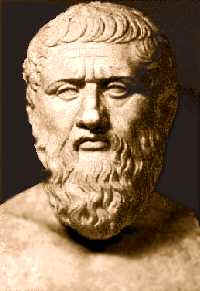Legend has it that a student once asked Zeno: “Teacher, your knowledge is many times more than ours. The question you answered is correct, but why are you so humble? ”
Zeno drew one small and one big circle on the blackboard and said: “Our knowledge is like a circle. Inside the circle are things you know about, and outside the circle are things you don’t know. The area of the big circle is my knowledge, the area of the small circle is your knowledge, so my knowledge is more than yours.
But outside these two circles are things you and I don’t know. The circumference of the big circle is larger than that of the small circle so that I may have more knowledge, but I also realize that there is still more I do not know. This is why I am humble. ”
Socrates said, “All I know is that I know nothing.”He implies that the more people know, the more they understand their ignorance. Even the largest circles still cannot compare with the blank space outside. The more knowledge they accumulate, the more aware they become. Space is infinite even though the circles are big. So the more knowledgeable people are, the more they know that they do not know enough.
In another word, a person with a large circle knows a lot but also knows there are still things they don’t know, so they have to be humble. A person with a small circle knows only a little, so they think the whole world is in their hands.
Note:
Zeno of Elea was a pre-Socratic Greek philosopher of Magna Graecia and a member of the Eleatic School founded by Parmenides. Aristotle called him the inventor of dialectic. He is best known for his paradoxes, which Bertrand Russell has described as “immeasurably subtle and profound.”
Zeno of Elea – Wikipedia
https://en.wikipedia.org/wiki/Zeno_of_Elea




